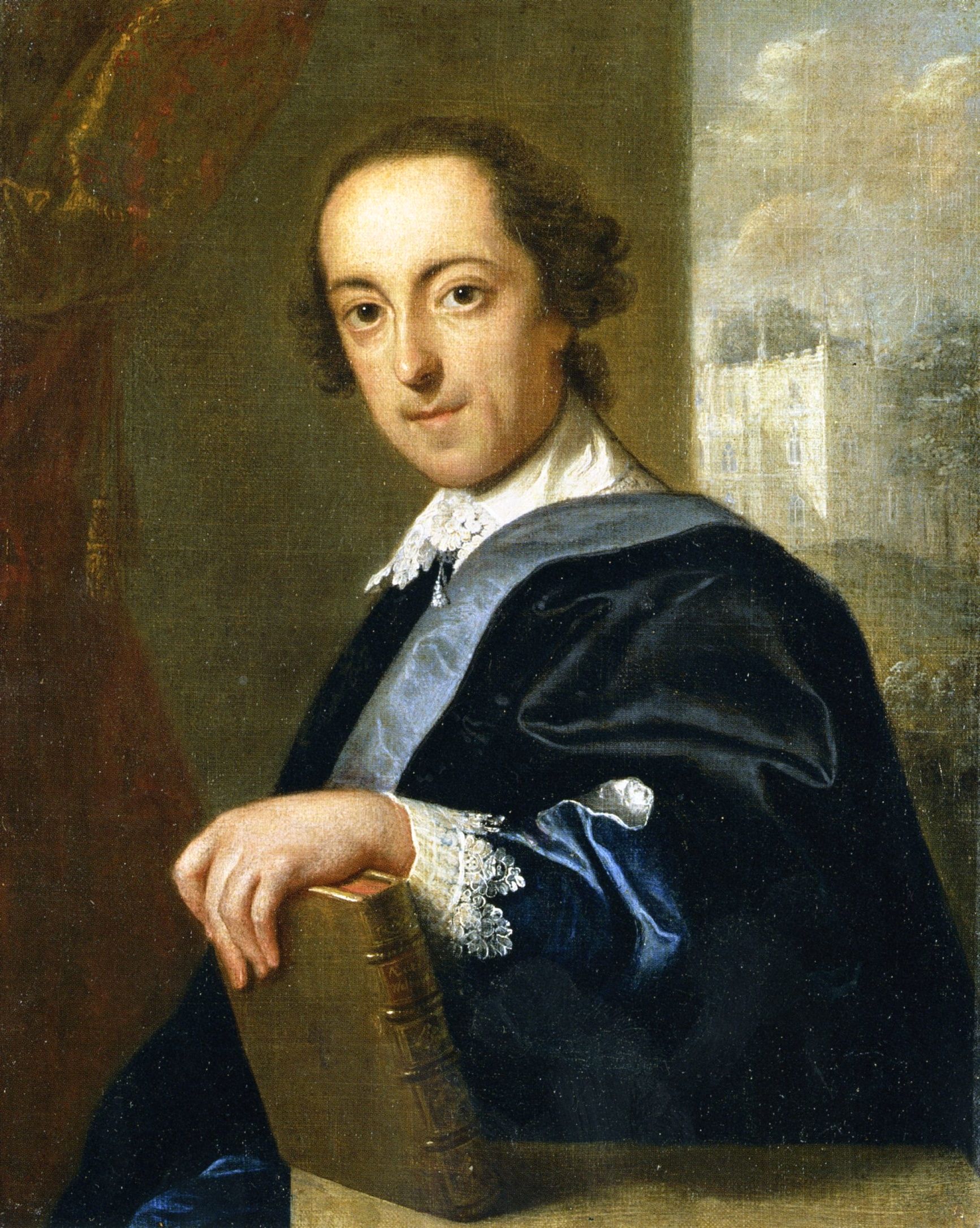169 Pinckney Street, Chester SC 29706, tel. (864) 365-8146 | henrybemisbookseller@gmail.com | Online sales; onsite visits by appointment
Sunday, January 31, 2016
Today in wordsmithing
From The Paris Review:
Horace Walpole coined the word serendipity in a letter to another Horace—Mann—dated January 28, 1754. The occasion was pretty unremarkable—it was a happy accident, after all—and almost archetypally British: Walpole had used a talisman to discover a link between two families by investigating their coats of arms in an old book. At least Walpole was aware of the dullness of his eureka moment: “I have nothing better to tell you,” he writes, before launching into the fascinating etymology of his new word. It would take nearly two centuries for the adjective form, serendipitous, to come on the scene—its first recorded usage was in 1943. —D. P.
Her serene highness, the Great Duchess Bianca Capello, is arrived safe at a palace lately taken for her in Arlington Street … I have bespoken a frame for her, with the grand-ducal coronet at top, her story on a label at bottom, which Gray is to compose in Latin, as short and expressive as Tacitus … the Medici arms on one side, and the Capello’s on the other … in an old book of Venetian arms, there are two coats of Capello, who from their name bear a hat; on one of them is added a fleur-de-lis on a blue ball, which I am persuaded was given to the family by the Great Duke, in consideration of this alliance; the Medicis, you know, bore such a badge at the top of their own arms. This discovery I made by a talisman, which Mr. Chute calls the Sortes Walpoliance, by which I find every thing I want, a pointe nommée, whenever I dip for it. This discovery, indeed, is almost of that kind which I call Serendipity, a very expressive word, which, as I have nothing better to tell you, I shall endeavor to explain to you: you will understand it better by the derivation than the definition. I once read a silly fairy tale, called “The Three Princes of Serendip”: as their Highnesses travelled, they were always making discoveries, by accidents and sagacity, of things which they were not in quest of: for instance, on the them discovered that a mule blinds of the right eye had travelled the same road lately, because the grass was eaten only on the left side, where it was worse than on the right—now do you understand Serendipity? One of the most remarkable instances of this accidental sagacity, (for you must observe that no discovery of a thing you are looking for comes under this description,) was of my Lord Shaftsbury, who, happening to dine at Lord Chancellor Clarendon’s, found out the marriage of the Duke of York and Mrs. Hyde, by the respect with which her mother treated her at table.
Subscribe to:
Post Comments (Atom)

No comments:
Post a Comment
We enjoy hearing from visitors! Please leave your questions, thoughts, wish lists, or whatever else is on your mind.